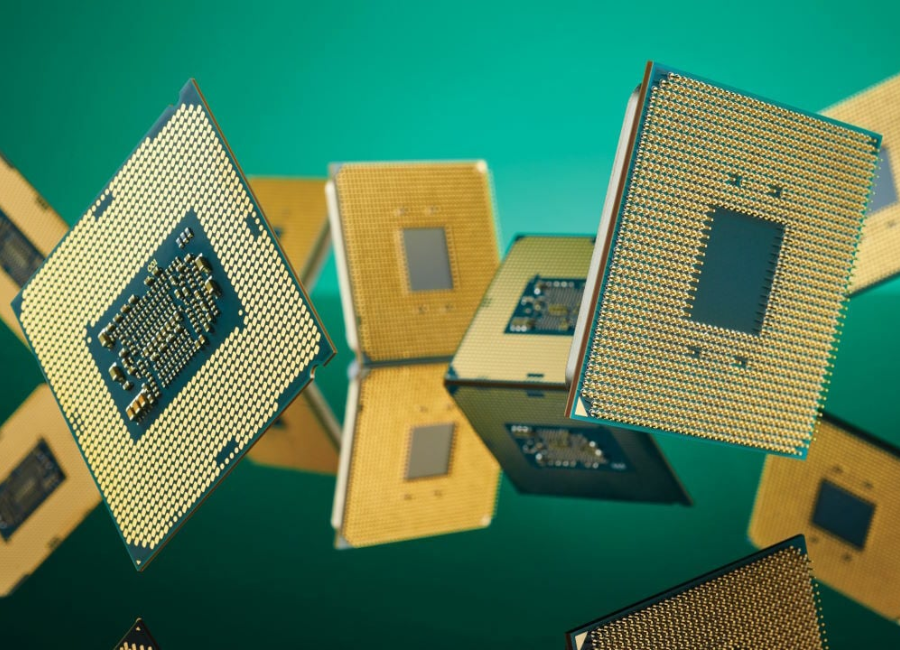Microsoft’s latest operating system, Windows 11, has distinct hardware prerequisites compared to its predecessors like Windows 10 and Windows 8.1. One essential requirement is a modern processor, and Microsoft initially released official lists of supported CPUs from Intel, AMD, and Qualcomm when unveiling Windows 11.
Since its launch, Microsoft has regularly updated these CPU lists. The company explains that the listed processors fulfill the minimal criteria for supported processor generations and meet the design standards for security, reliability, and Windows 11’s minimum system requirements.
Recently, Microsoft modified the lists for both AMD and Intel processors. While it’s reasonable to expect new CPUs to be added, the removal of processors from the list raises questions, as Microsoft doesn’t provide reasons for these removals.
A recent discovery by Deskmodder revealed that Microsoft eliminated 44 Intel CPUs from the official Windows 11 processor compatibility list. These were all Intel Xeon processors, which are targeted at entry-level server solutions. These processors, specifically the Xeon E family, were introduced by Intel in 2018 as part of the 8th generation.
It’s important to note that the removal of processors from the list won’t immediately impact existing Windows 11 systems. However, original equipment manufacturers (OEMs) like HP, Dell, or Asus may refrain from using these processors in new Windows 11 PCs moving forward.
In essence, devices running Windows 11 with the removed Intel Xeon processors won’t suddenly become incompatible. Regular Windows updates will continue to function, and it’s likely that the upcoming Windows 11 version 23H2 update will install without any problems on these devices.
Microsoft’s communication strategy could benefit from providing explanations for such removals and also announcing additions to the supported CPU lists.




